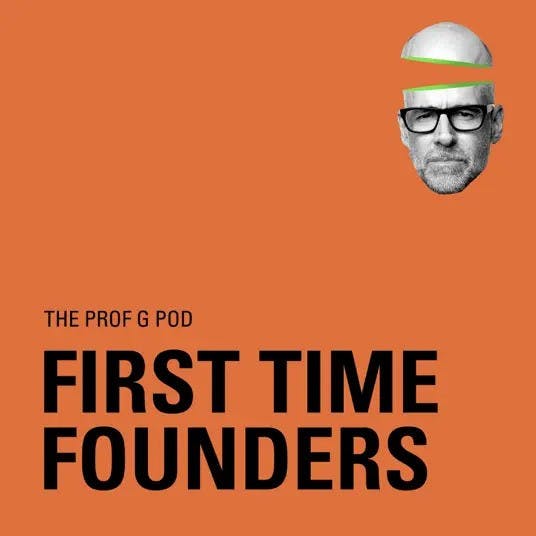
First Time Founders with Ed Elson – How Kalshi Made it Legal to Bet on this Election

The Prof G Pod with Scott Galloway
Deep Dive
Why was betting on elections illegal in the U.S. before Kalshi's platform?
Betting on elections was never explicitly regulated in the U.S., but it was done a lot. The issue was that new financial instruments often face scrutiny as gambling until proven otherwise. The Supreme Court has legalized some forms of betting, like grain futures, but elections were seen as different due to their lack of perceived economic value.
How does Kalshi differentiate its prediction markets from gambling?
Kalshi argues that its markets deal with natural risks (like elections, weather, etc.) that exist independently of any individual's actions, unlike artificial risks created for entertainment (like dice rolls). They believe these natural risks have economic relevance and need markets for risk transfer, similar to how insurance works.
How does Kalshi prevent insider trading on its platform?
Kalshi has surveillance systems to detect unusual trading patterns and a KYC process to identify traders. They investigate flagged transactions and can prosecute violations under their own rules, which are legally binding. This is similar to how insider trading is monitored on stock exchanges.
What was the key to Kalshi's success in navigating the regulatory landscape?
Persistence and conviction were key. Kalshi faced numerous rejections from lawyers and skepticism, but they kept refining their approach and pushing forward. They believed in the economic value of their markets and were willing to go through a long regulatory battle to prove their case.
How does Kalshi make money?
Kalshi operates as an exchange and makes money from transaction fees. They take a small percentage (1-2%) on each trade. They also have plans to monetize their data in the future but are currently focused on promoting market efficiency.
What is Kalshi's stance on the accuracy of its prediction markets compared to traditional polls?
Kalshi believes its markets are more active and potentially more accurate than traditional polls, but they don't claim exclusivity. They see their markets as an additional source of data that complements polls, not replaces them. They argue that market prices reflect real money being wagered, which can correct biases over time.
What inspired Tarek Mansour to start Kalshi?
Tarek was inspired by the idea of using markets to price future events, which he found elegant and powerful. The concept pulled him and his co-founder into building the company despite not initially planning to be entrepreneurs. They saw the potential to apply market principles to a wide range of future events.
How does Tarek Mansour handle the public attention and criticism that comes with running Kalshi?
Tarek avoids reading comments and articles about himself and the company to maintain a long-term perspective. He focuses on doing good work day-to-day and believes that short-term ups and downs will stabilize over time. He also draws inspiration from a Chinese parable about a farmer's fluctuating fortunes, emphasizing the importance of staying grounded.
- Scott Galloway predicts Harris will win due to better ground game.
- Ed Elson introduces Kalshi, a regulated exchange for trading on future events.
Shownotes Transcript
Ed speaks with Tarek Mansour, co-founder and CEO of Kalshi, a regulated exchange and prediction market that lets you trade on future events. They discuss Kalshi’s fight to legalize betting on the election, how to deal with negative press, and his prediction for the outcome of the election.
Learn more about your ad choices. Visit podcastchoices.com/adchoices)